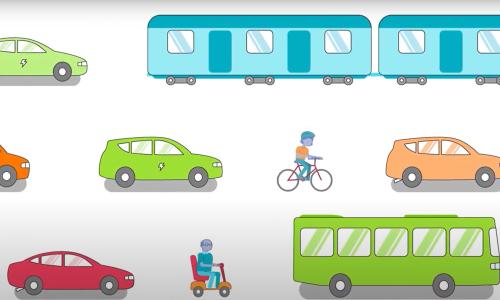The total global warming emissions from EVs—including manufacturing, driving, and disposal—are about half the emissions of a comparable gasoline car over its lifetime. As more EVs hit the road, the nation will consume less oil, which could help alleviate pollution-related health problems caused by burning gasoline and diesel fuel.
UCS analyzed these benefits state-by-state and found that:
- Electric vehicles are cheaper than gasoline-powered cars to fuel and maintain, and incentives are available to help bring down the cost of new and used EVs
- Transitioning our transportation system to EVs is good for the climate, good for public health, and can help create good jobs
- Charging infrastructure is increasing and continued investment is improving access to charging
- EVs can be a viable option for rural drivers, who tend to drive longer distances on average
Click on the links to view the benefits for each state.
Alabama |Alaska |
Arkansas | Arizona |
California | Colorado
Connecticut | Delaware |
DC | Florida |Georgia | Hawaiʻi
Idaho | Illinois |
Indiana | Iowa |
Kansas |Kentucky
Louisiana | Maine |
Maryland |
Massachusetts | Michigan
Minnesota | Missouri | Mississippi |
Montana | Nebraska
New Hampshire | New Jersey |
New Mexico | Nevada
New York | North Carolina |
North Dakota | Ohio |
Oklahoma
Oregon |
Pennsylvania | Rhode Island | South Carolina
South Dakota | Tennessee |
Texas | Utah | Vermont
Virginia | Washington |
Wisconsin | West Virginia
Wyoming
UCS originally published this set of analyses in 2019 but have updated them to reflect current data.



